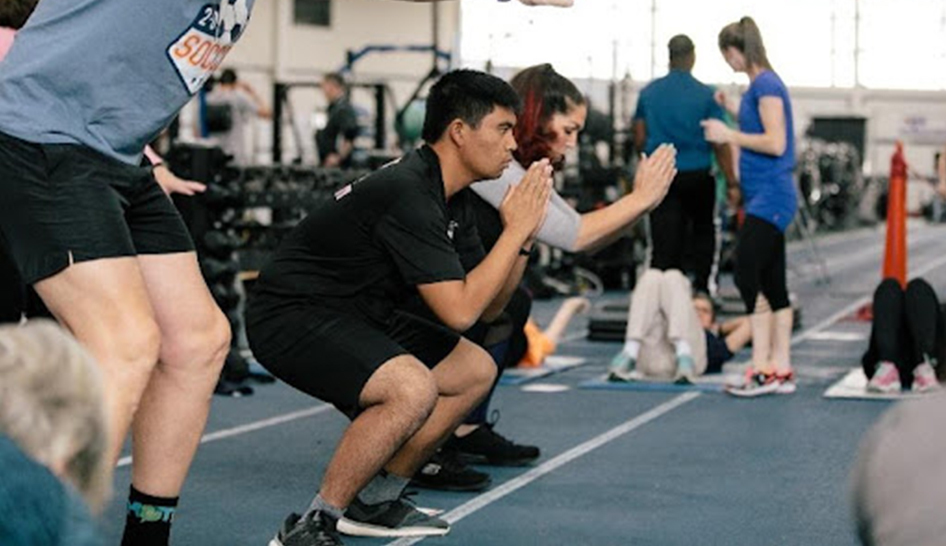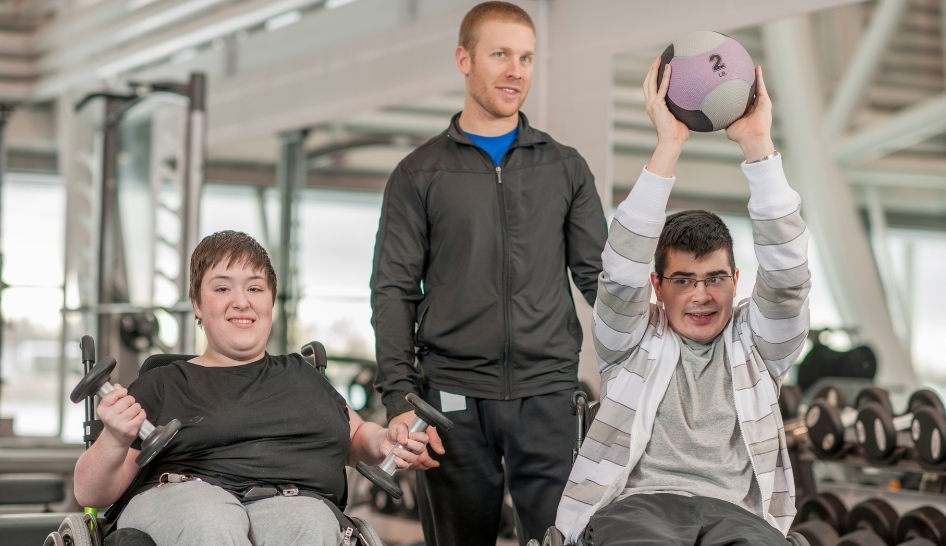According to a 2021 survey conducted by Special Olympics and the IHRSA Foundation, people with Intellectual Disabilities (ID) who use gyms report doing so regularly, and improving their health and fitness is a key motivator. ID is a significant limitation in intellectual functioning and adaptive behavior, which occurs in approximately 1-3% of the global population.
Among survey respondents who reported using the gym, 74% went at least twice per week, 51.3% two to three times, and 22.7% four or more times. Weight loss, training for a sport or race, and having fun were among the top five reasons for attending a gym. Equipment and amenities, strong social and community environments, and instructor support are top enablers for gym participation among people with ID.
Those with ID are an underserved population that wants to be physically active and join a community of like-minded peers. Justin Hunsinger, Special Olympics International health coordinator and Special Olympics Maryland athlete, is passionate about creating an inclusive health and fitness industry and living an active lifestyle.

